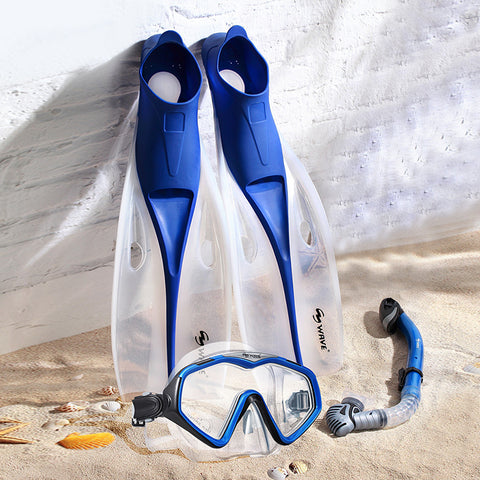Swimming is a popular sport that exercises the muscles of the arms, shoulders, back, and chest. As a whole body exercise, it has many benefits compared with other land sports, so what do you know about the following?
Swimming can strengthen the heart muscle
When swimming, all organs are involved in it, consuming a lot of energy, and blood circulation is also accelerated to supply more nutrients to the moving organs.
Blood speed is accelerated, can increase the load of the heart, make its beating frequency accelerated, and contraction is strong and powerful.
The action of water in swimming makes it easy for the limb blood to return to the heart, so that the thickness of the blood vessel wall increases, and the elasticity increases.
In addition, when swimming, the human body is in a horizontal state, which can keep all parts of the body under the gravity of the earth and balance the distribution of blood circulation, reduce the burden of the heart, and prevent cardiovascular diseases.
Swimming can build up resistance
The water temperature of the swimming pool is often 26 degrees to 28 degrees, soaking in the water to dissipate heat fast, energy consumption, as soon as possible to supplement the body's heat, in order to supply the needs of cold and heat balance, The nervous system will quickly respond, so that the human body metabolism is accelerated, enhancing the body's ability to adapt to the outside world, resist the cold.
People who often participate in winter swimming, because of the improvement of temperature regulation function, it is not easy to catch a cold, but also to improve the endocrine function of the human body, so that the pituitary function increased, so as to improve the resistance to disease and immunity.
Swimming can help burn fat and lose weight
The heat consumed by the person running in the swimming pool for 20 minutes is equivalent to the same speed for 1 hour on land. The heat consumed by the person staying in the water of 14 degrees for 1 minute is as high as 100 kcal, which is equivalent to the heat distributed for 1 hour in the air of the same temperature.
It can be seen that many people who want to lose weight can get twice the result with half the effort by exercising in water, so swimming is one of the most effective exercises to keep fit.
Swimming improves the flexibility of the body
When swimming, the buoyancy of the water is usually used to lie prone or supine in the water, the whole body relaxed and stretched so that the body can get a comprehensive, coordinated, and symmetrical development and the muscle lines exercised will be more fluent than the equipment training on the ground.
At the same time, water movement reduces the impact of ground movement on the joint, reduces the probability of bone strain, so that the bone and joint are not easy to deform, and the body remains more perfect.
Swimming can improve your skin
When people swim, water washes the skin, sweat glands, and fat glands play a good massage role, promoting blood circulation, and making the skin smooth and elastic.
In addition, when exercising in water, greatly reduces the irritation of the salt in sweat on the skin.
Swimming can help relieve stress and depression
Endorphins are feel-good hormones that improve people's mood, and swimming can effectively stimulate the release of endorphins, which can help people relieve the stress of daily work and life.
In addition, swimming, like yoga, is a great way to relax your body, which is even better when combined with regular deep breathing.
At the same time, swimming can calm people down, eliminate external distractions and become more focused, which naturally reduces the level of stress and depression.
Studies have shown that swimming can also help restore stress-damaged brain function through a process called hippocampal regeneration.
Swimming can relieve cervical discomfort
The root of cervical spondylosis is the degeneration of the cervical intervertebral disc, disc loosening, and then compression of nerve roots, spinal cord, or vertebral artery caused by a variety of symptoms.
When swimming, because of the buoyancy of the water, and the body is like a lying position when swimming, the spine can move without stress, which is conducive to returning to its original position.
Swimming increases lung capacity
Swimming expirations are generally completed underwater, the density of water is much larger than the air, so you must be forced to exhale, whether inspiratory or expiratory can enhance the contraction of respiratory muscles, thereby enhancing the function of the respiratory system, increase lung capacity.
According to statistics, the lung capacity of adult men under normal conditions is 3000-4000ml, while those who swim regularly can reach 5000-6000ml.
























